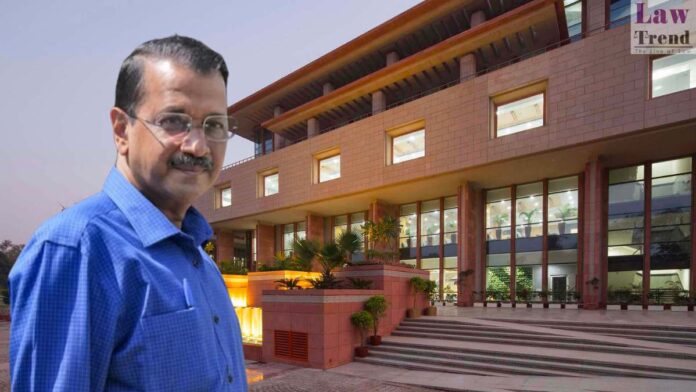The Delhi High Court has scheduled a hearing for April 23 on former Chief Minister Arvind Kejriwal’s plea against the Enforcement Directorate’s (ED) summons in connection with a money laundering case tied to the alleged excise policy scam. Justices Prathiba M Singh and Dharmesh Sharma, presiding over the case, expressed concerns regarding the repeated adjournments which have prolonged the legal proceedings and declared that no further delays would be tolerated.
The case has seen numerous developments, with Kejriwal, who is also the national convener of the Aam Aadmi Party (AAP), responding to multiple summons from the ED. He was compelled to approach the high court following his ninth summons, scheduled for March 21, 2024. The high court initially requested the ED to file a response concerning the maintainability of Kejriwal’s petition on March 20, 2024, and subsequently to address his request for protection from arrest.
Despite these interactions, the court initially declined to offer interim relief, and Kejriwal was arrested by the ED later on the same day he was scheduled to appear. He was subsequently granted interim bail by the Supreme Court, which also decided to refer aspects of his arrest under the Prevention of Money Laundering Act (PMLA) to a larger bench for further examination.
Kejriwal’s arrest followed another legal battle concerning a corruption case investigated by the Central Bureau of Investigation (CBI), for which he was arrested on June 26, 2024, and later bailed on September 13, 2024.
In his ongoing legal challenges, Kejriwal has contested the constitutional validity of certain PMLA provisions, particularly those related to arrest, questioning, and bail. His petition also raises broader questions about the application of anti-money laundering laws to political parties and claims that the ED’s actions are politically motivated, aiming to disadvantage his party ahead of general elections. The plea accuses the ED of being “weaponised” by the central government to undermine a key opposition figure and disrupt the electoral process.




